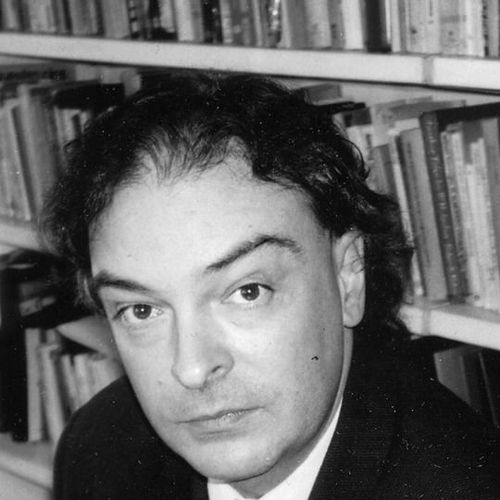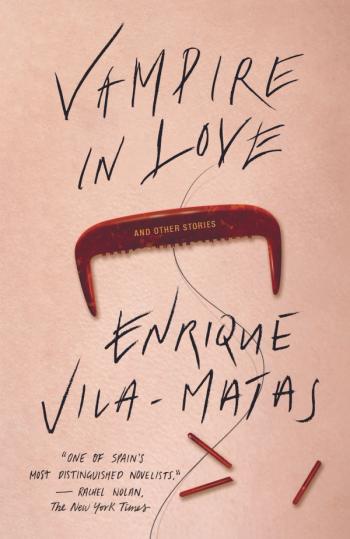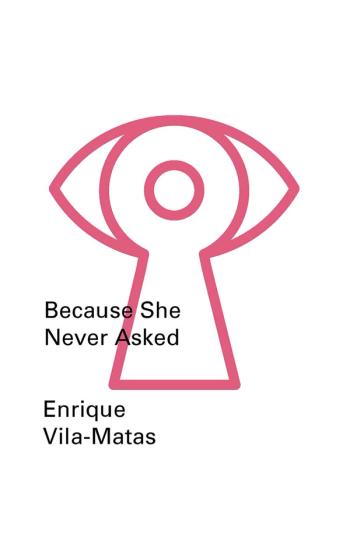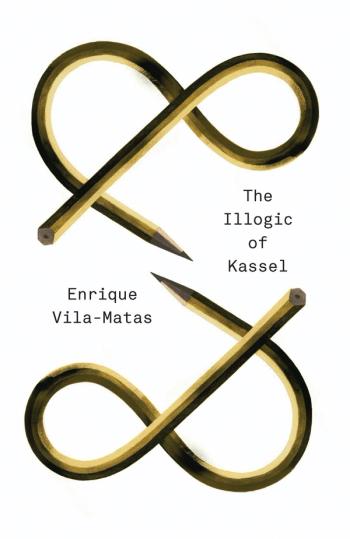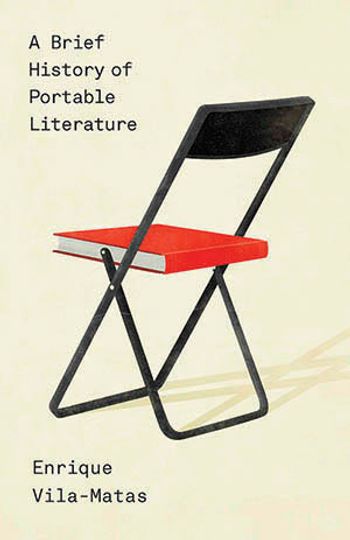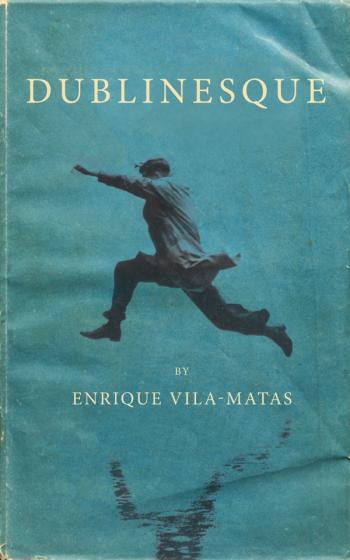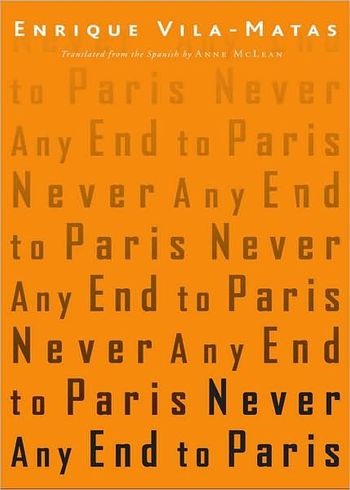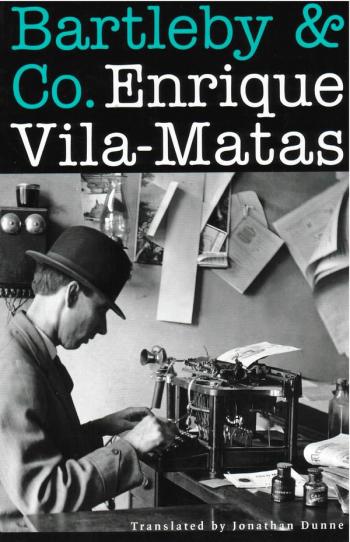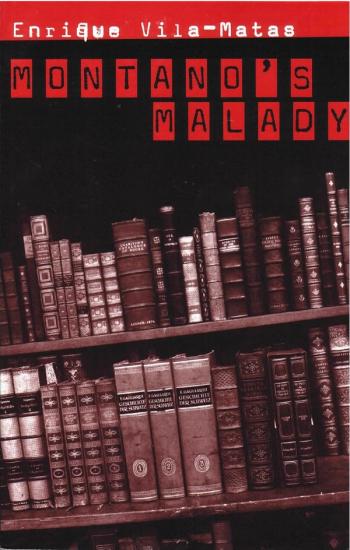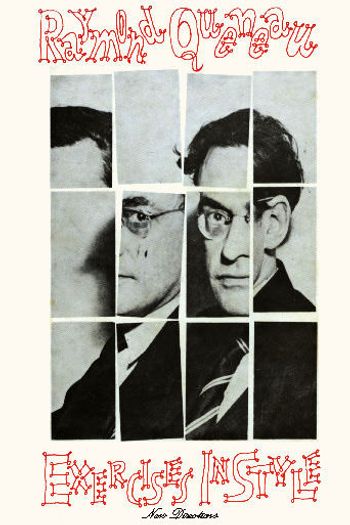Enrique Vila-Matas
Enrique Vila-Matas was born in Barcelona in 1948. He studied law and journalism, and in 1968 became a columnist for the magazine Film Frames. In 1970 he directed two short films, All Young People Grieve and End of Summer. In 1971, he performed military service in Melilla, where in the back of a military grocer’s shop he wrote his first book, Women in the Mirror Contemplating the Landscape. On his return to Barcelona, he worked as a film critic for magazines Bocaccio and Destiny. For two years he lived in Paris and rented an attic that was once rented by the writer Marguerite Duras; there he wrote his second novel, The Illustrated Killer. His third and fourth books, South of the Eyelids and Never Am Going to the Movies, appeared in 1980 and 1982, but were only promoted in 1985 with his book The Abbreviated Laptop History of Literature. He then published Forever Suicides, and Children without Children, two books of short stories. Then he moved on to the romantic genre with works such as Far from Veracruz, Strange Life Form, The Vertical Travel, Bartleby and Company, and Mountain Sickness among others. In 1992, he published a collection of articles and essays The Slower Passenger, followed by a second collection in 1995, The Sunday Suit. Other books that contain literary essays: To End the Round Numbers (1998), From the City Nervosa (2000), Strange Laboratory Notebooks (2003, published in Venezuela) Although Not Understanding Anything (2003, published in Chile), The Light Wind in Parma (2004, published in Mexico, reprinted in 2008 in Spain), and Pasavento Was No Longer (2008, published in Argentina). He wrote about his experience in Paris: Paris is Not Just Never (Barcelona, 2003). In 2005 he published Doctor Pasavento which revolves around the theme of the disappearance and “the difficulty of not being anybody.” The book closes his trilogy Metaliteraria on the Pathologies of Writing (Bartleby, Montano, Pasavento). In September 2007, he returns to the story published in Anagrama “Explorers of the abyss.” In 2008 he published “Dietari Fickle”, which increasingly favors a formula that blurs the boundaries between fiction, essays and biographies. The book is a journal or kind of literary guide that allows glimpses of the internal architecture of his work and combines the experience of reading with the experiences of life, personal memory and the ideas of a literary essayist. He is a Knight of the Legion of Honor from France. He has won the prize city of Barcelona and the Romulo Gallegos (2001), the Prix du Meilleur Livre Étranger and Fernando Aguirre-Libralire (2002), the Herralde prize, the National Critics, the Prix Medicis-étranger, the prize of Critics Circle Chile (2003), the Premio Internazionale Ennio Flaiano (2006), José Manuel Lara Foundation Award 2006, the prize of the Royal Spanish Academy 2006. In September 2007 he won the literary prize Elsa Morante Scrittori del Mondo, which rewards “to an important foreign author.”
